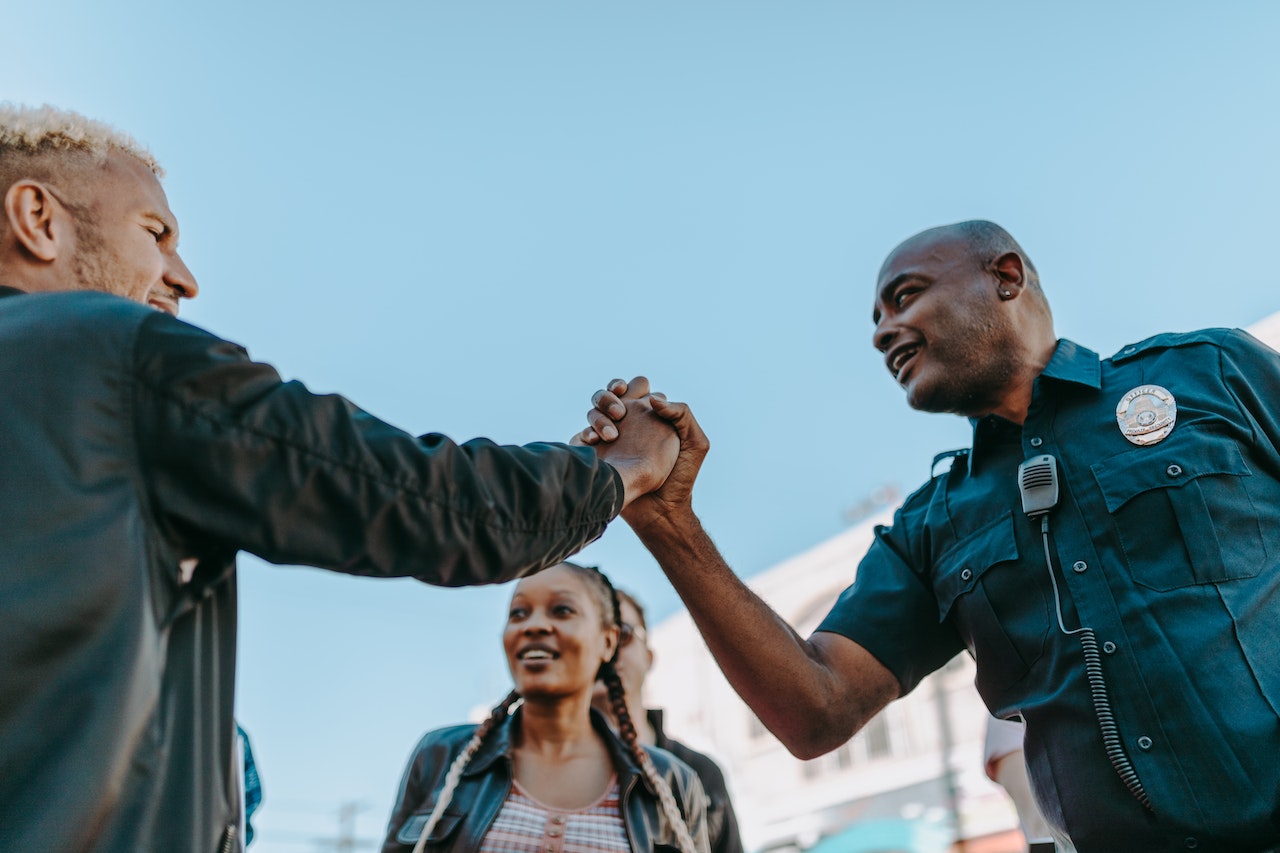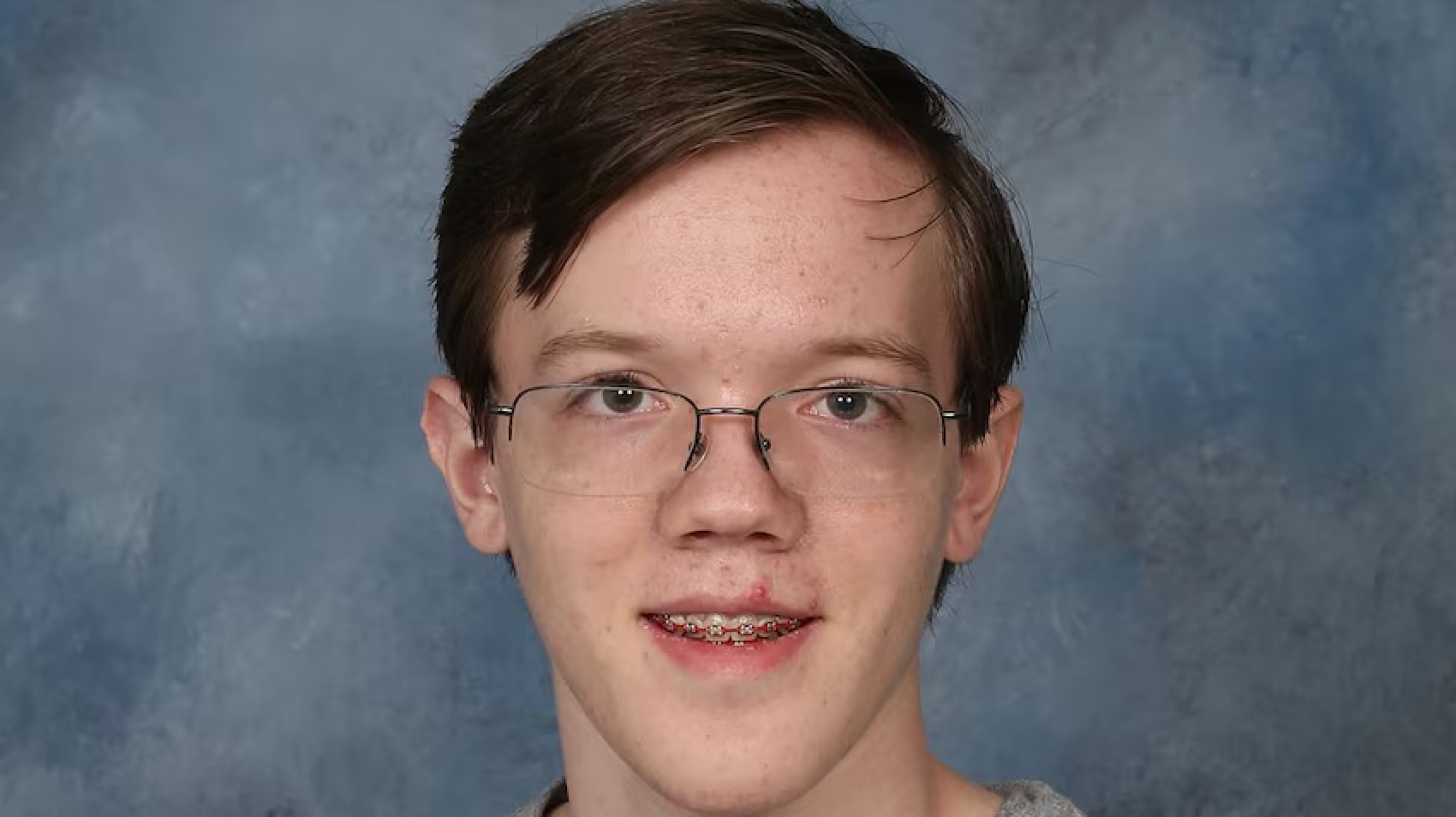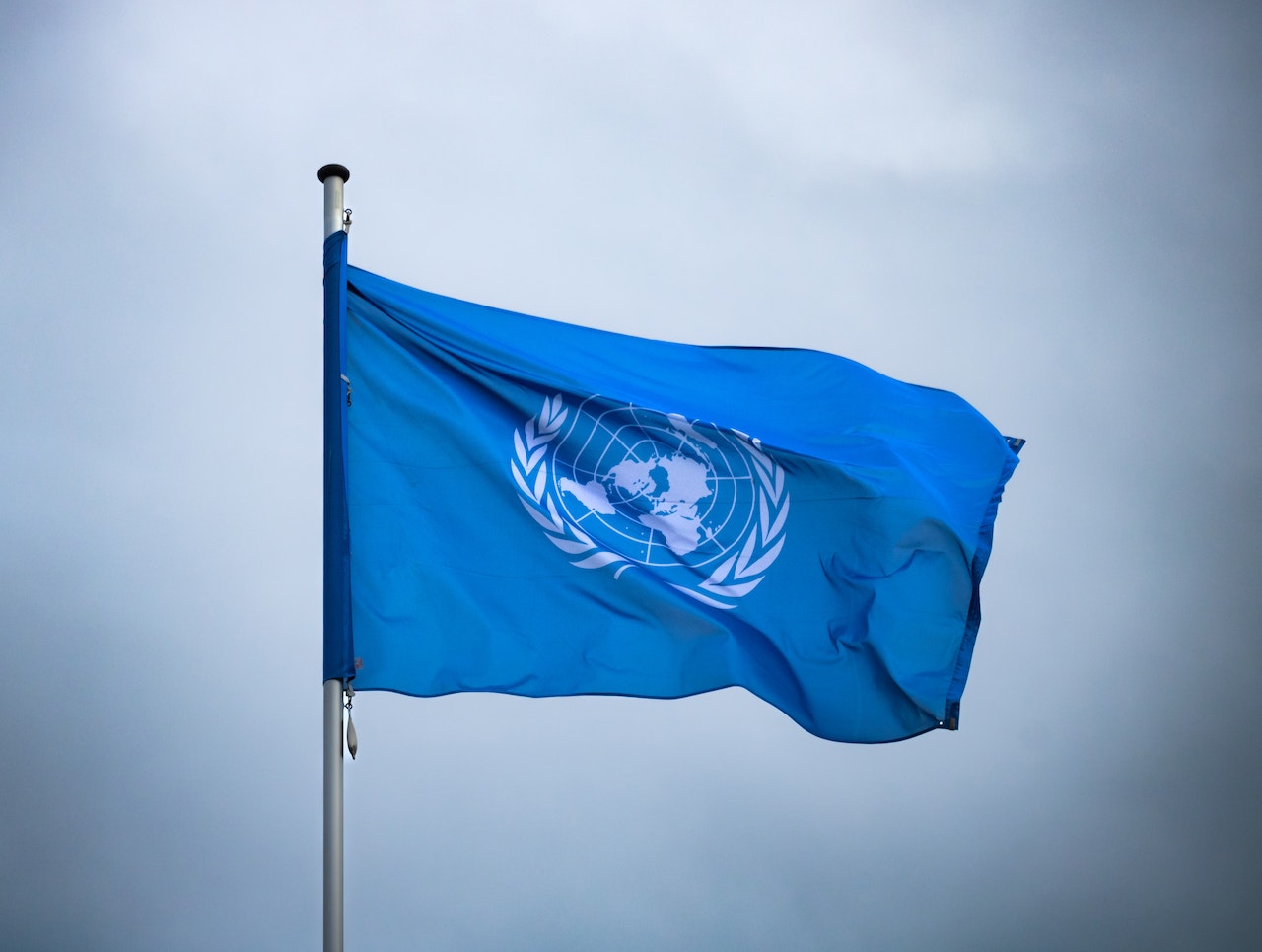
Another Mass Shooting in the US: How To Help Students Process the Maine Mass Shooting
A gunman opened fire at a bowling alley and a restaurant in Maine, resulting in the tragic loss of 18 lives.
Here we are again — with another event that traumatizes our students.
Schools in parts of Maine (colleges too) are shut down because of a manhunt for a mass shooter. Eighteen people are dead (ages unknown) and some dozen or more have been injured. Lots of families and friends affected — both in Maine and beyond its borders.
Anyone who thinks children aren’t experiencing some effects are missing something. True, not everyone is traumatized but some people (children included) are. Those who are most susceptible are: (1) those who live near the mass shooting sites or have been to that bowling alley or restaurant where the mass shooting took place; (2) those who have experienced prior losses or trauma due to violence or other unexpected events; (3) those who witnessed one or more of the victims or emergency responses; those who knew the victims or know those who are injured, whether you live near or far; those who have been victimized by other mass shootings. This list is long. Trauma isn’t a trendy word; it is a reality for far too many.
Now What?
Let’s start here.
A. We can’t ignore what happened in Maine. We can’t assume it away by silence. We assume no one is affected who lives at a distance perhaps because people aren’t speaking up. They aren’t sharing their internal terror.
B. For those who live outside of Maine, prior events in one’s own region may be re-triggered. Earlier feelings and fears may be re-triggered. Own them, share them, express them. Repression is not the watchword of the moment.
C. For students who will be returning to schools in Maine post-shooting, there needs to be a plan in place to provide support, to share safety measures, to provide calm and reassurance. That is also true for organizations and businesses that closed. Workers need access to mental health providers — whether they partake or not. Call-in hours or open sessions for venting are key.
Key: Saying “I don’t need help or no one needs help” is most likely repression not enlightenment or strength. Needing help is not a weakness; it is a strength.
D. We can address soon why these mass shootings persist but in the short term — over the next few days — we need to be present and in touch and in tune with our thoughts and feelings and emotions and moods. We need to activate and own our senses. We need to recognize what is happening within us and within those near to us — even if painful.
E. Open the phone lines, open Zooms, open access to opportunities to share, ideally with trauma experts present to help the conversations and navigate the terrain.
Bottom line message: now is not the time for silence. Now is the time to feel and see and hear and voice and speak and display what is occurring within individuals and within the collective. And plan for mood swings; they will inevitably occur.
Trending
-
1 76 Theses on American Patriotism
Timothy Taylor -
2 A Comprehensive Approach to Handling Riots
Bhumesh Verma -
3 Innovative Approaches to Diplomacy: A Multi-Pronged Strategy for The Phygital Era
Dr. Ingrid Vasiliu-Feltes -
4 Business Chiefs Gather to Discuss India Trade Deal Proposals
Nitish Mathur -
5 Everything You Need to Know About Jordan Bardella
Felix Yim





Comments